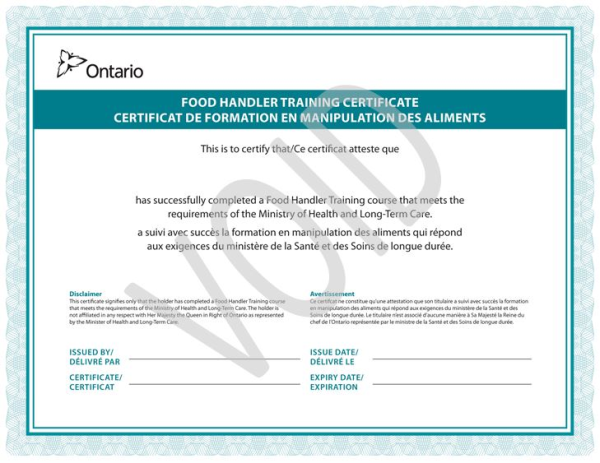4.10 Outside Food & Safe Food Handling
Early years settings may allow families to provide food for children under the age of 44 months. Infants who are not eating menu food may eat food provided by their families. Policies are in place to ensure ongoing communication takes place between families and the early years setting to avoid any cross contamination for children with allergies. An organization may request that only food with ingredients listed can be provided.
Some children eat specialized diets for medical reasons. Families may supply food in these situations to ensure the child’s nutritional needs are being met. In many cases, the dietary planner works with the family to learn how to prepare food for children eating specialized diets. These food practices are then embedded into the menu.
Children with dietary restrictions for philosophical or religious reasons can be accommodated through the daily menu in early years settings. A child who eats a vegetarian or vegan diet can be offered substitutes for meat and dairy. Children with celiac disease who are unable to digest gluten may be offered alternatives for wheat when it is being served. Collaboration with families is essential as families may be able to provide some of the alternate foods necessary, share recipes their children enjoy, or inform the organization of where these foods can be purchased.
All food brought from outside of the centre must be labelled with the child’s name and employees must follow safe food handling techniques for storage and preparation. The dietary planner and supervisors in early years settings are required to have current certification in safe food handling. Some organizations may require all educators to have this certification as they are preparing and serving snacks for children.
Safe Food Handling
The Ministry of Health oversees the nutritional standards of licensed child care and early years settings. Each region in Ontario has a public health unit that supports the early years in ensuring organizations are meeting the nutritional needs of the children they serve. Dietary planners and supervisors are trained in safe food handling techniques to ensure the proper handling, storage and preparation of food takes place.
Regulation
Food Handler Training
32. Every operator of a food service premise shall ensure that there is at least one food handler or supervisor on the premise who has completed food handler training during every hour in which the premise is operating.
(Food Premises, Ontario Regulation 493/17, under the Health Protection and Promotion Act. © King’s Printer for Ontario, 2018)

Middlesex-London Health Unit. Used under fair dealing. All Rights Reserved.
There are many training programs that provide certification for employees working in early years settings who require knowledge about safe food handling. The certification is valid for five years and recertification must take place before the five year certification has expired. The training will equip dietary planners, supervisors, and educators with knowledge about how to handle, serve, and store food for young children in a manner that prevents food borne illnesses and avoids cross contamination.
Read
Read and interact with the following webpage for information about safe food handling certification.

